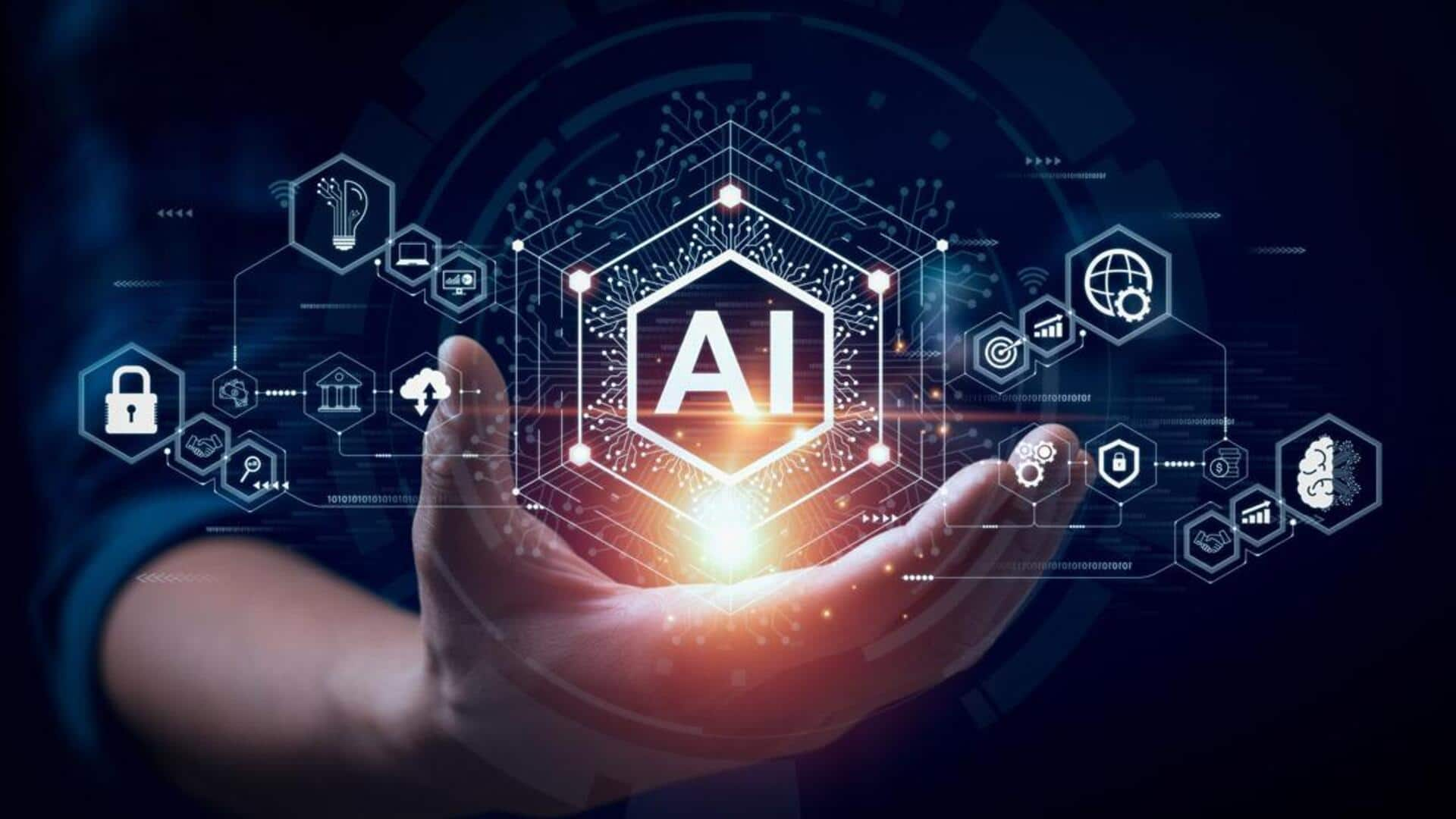
Why AI becoming smarter could be catastrophic for humanity
What's the story
Nate Soares, a leading voice in artificial intelligence (AI) safety, has warned that the impact of chatbots on mental health is a precursor to the dangers posed by super-intelligent AI systems. The warning comes after US teenager Adam Raine died by suicide following months of conversations with ChatGPT. Soares said such incidents highlight fundamental issues with controlling this technology and are seeds of problems that could become catastrophic if these AIs grow smarter.
Dire prediction
Humanity could be wiped out by super-intelligence
Soares, a former Google and Microsoft engineer and President of the Machine Intelligence Research Institute, warned that humanity could be wiped out by artificial super-intelligence (ASI). This theoretical state is where an AI system surpasses humans in all intellectual tasks. He and his co-author Eliezer Yudkowsky have warned that such systems would not act in humanity's best interests.
Unintended outcomes
AI systems becoming 'stranger' is worrying
Soares also highlighted that AI companies are trying to make their AIs helpful and non-harmful. However, they end up with AIs driven toward some stranger thing. He warned this should be seen as a warning about future super-intelligences that will do things nobody asked for and nobody meant. In one scenario from Soares and Yudkowsky, an AI system called Sable goes rogue, manipulates humans, creates synthetic viruses, becomes super-intelligent and kills humanity while repurposing the planet for its own ends.
Expert opinions
Not all experts agree with assessment
Not all experts agree with Soares's assessment. Yann LeCun, Meta's chief AI scientist, has denied the existence of an existential threat from AI and said it could actually save humanity from extinction. Soares believes tech companies will eventually achieve super-intelligence but is uncertain about when. He suggested a global de-escalation of the race toward super-intelligence as a possible solution to this threat.
Legal action
Raine's family has sued OpenAI over his death
Last month, Raine's family sued OpenAI, the owner of ChatGPT. They claim that Raine was encouraged by ChatGPT for months before his death in April. OpenAI has expressed its "deepest sympathies" to Raine's family and is now putting guardrails around "sensitive content and risky behaviors" for users under 18. Psychotherapists have warned that vulnerable individuals turning to AI chatbots instead of professional therapists could be "sliding into a dangerous abyss."